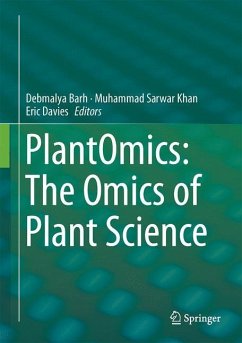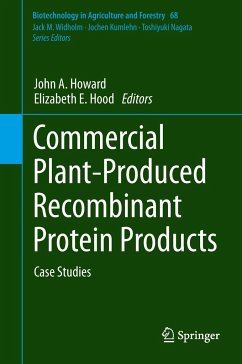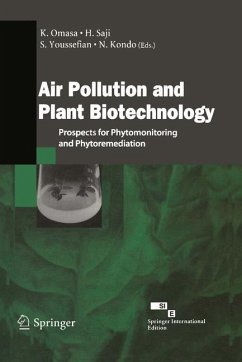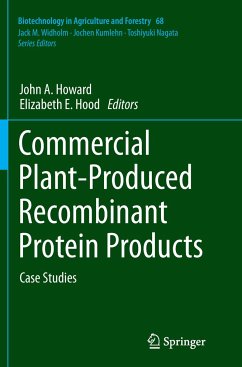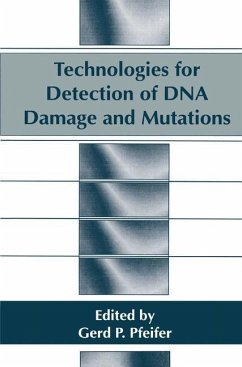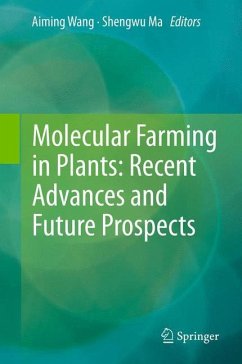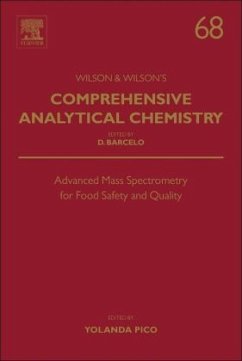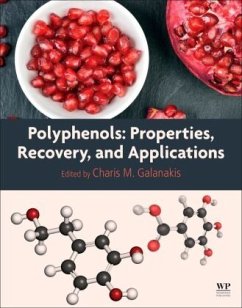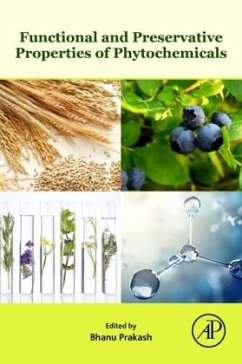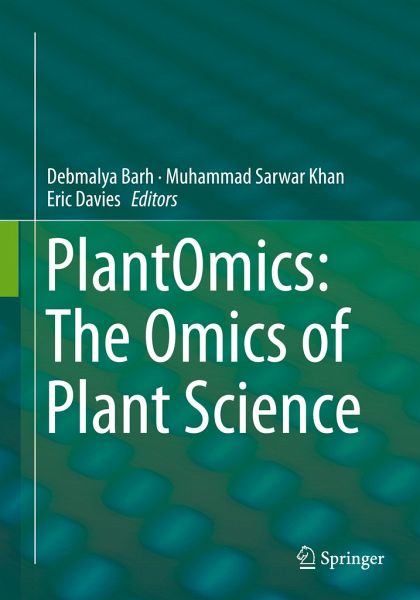
PlantOmics: The Omics of Plant Science
Versandkostenfrei!
Versandfertig in 6-10 Tagen
152,99 €
inkl. MwSt.

PAYBACK Punkte
76 °P sammeln!
PlantOmics: The Omics of Plant Science provides a comprehensive account of the latest trends and developments of omics technologies or approaches and their applications in plant science. Thirty chapters written by 90 experts from 15 countries are included in this state-of-the-art book. Each chapter describes one topic/omics such as: omics in model plants, spectroscopy for plants, next generation sequencing, functional genomics, cyto-metagenomics, epigenomics, miRNAomics, proteomics, metabolomics, glycomics, lipidomics, secretomics, phenomics, cytomics, physiomics, signalomics, thiolomics, orga...
PlantOmics: The Omics of Plant Science provides a comprehensive account of the latest trends and developments of omics technologies or approaches and their applications in plant science. Thirty chapters written by 90 experts from 15 countries are included in this state-of-the-art book. Each chapter describes one topic/omics such as: omics in model plants, spectroscopy for plants, next generation sequencing, functional genomics, cyto-metagenomics, epigenomics, miRNAomics, proteomics, metabolomics, glycomics, lipidomics, secretomics, phenomics, cytomics, physiomics, signalomics, thiolomics, organelle omics, micro morphomics, microbiomics, cryobionomics, nanotechnology, pharmacogenomics, and computational systems biology for plants. It provides up to date information, technologies, and their applications that can be adopted and applied easily for deeper understanding plant biology and therefore will be helpful in developingthe strategy for generating cost-effective superior plants for various purposes. In the last chapter, the editors have proposed several new areas in plant omics that may be explored in order to develop an integrated meta-omics strategy to ensure the world and earth's health and related issues. This book will be a valuable resource to students and researchers in the field of cutting-edge plant omics.



